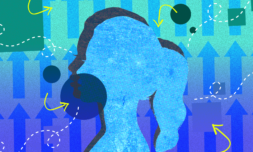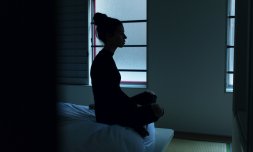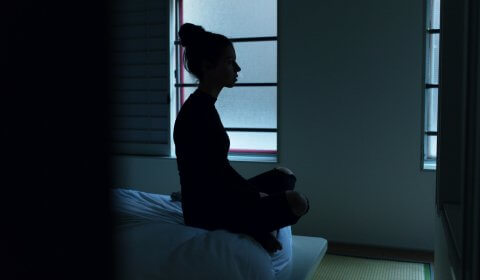Young people experiencing depression and anxiety will be prescribed surfing, roller skating, and dancing before being offered medication by doctors.
Let’s face it, feelings of being stressed, burnt out, and sad are bound to pop up in our hyper-aware and overloaded era of modern life.
Under these circumstances, the most tempting activity is to lie in bed and shut off with a ten-part Netflix series. But the truth is, over time, this tends to only exacerbate negative feelings.
More than half of young people say they have experienced depression and anxiety at some point, and clinics are becoming warier about handing out prescription pills to the masses.
Instead, doctors in 10 regions of the UK have been authorised to participate in a trial run of prescribing regular physical activity like surfing, rollerblading, and dancing to people between the ages of 11-18.
Dragging yourself out of a slump and performing physical exercise (though difficult when feeling down) can work wonders. Even a 20-minute stroll has been proven to activate the imaginative parts of the brain, help calm our nerves, and ultimately shift our perspective.
The hope is that starting a new hobby, achieving personal milestones, and engaging in some strenuous activity will improve the overall health and well-being of younger generations.
working out is really the key to happiness all the annoying people were right
— avina (@for001ever) July 19, 2021



















